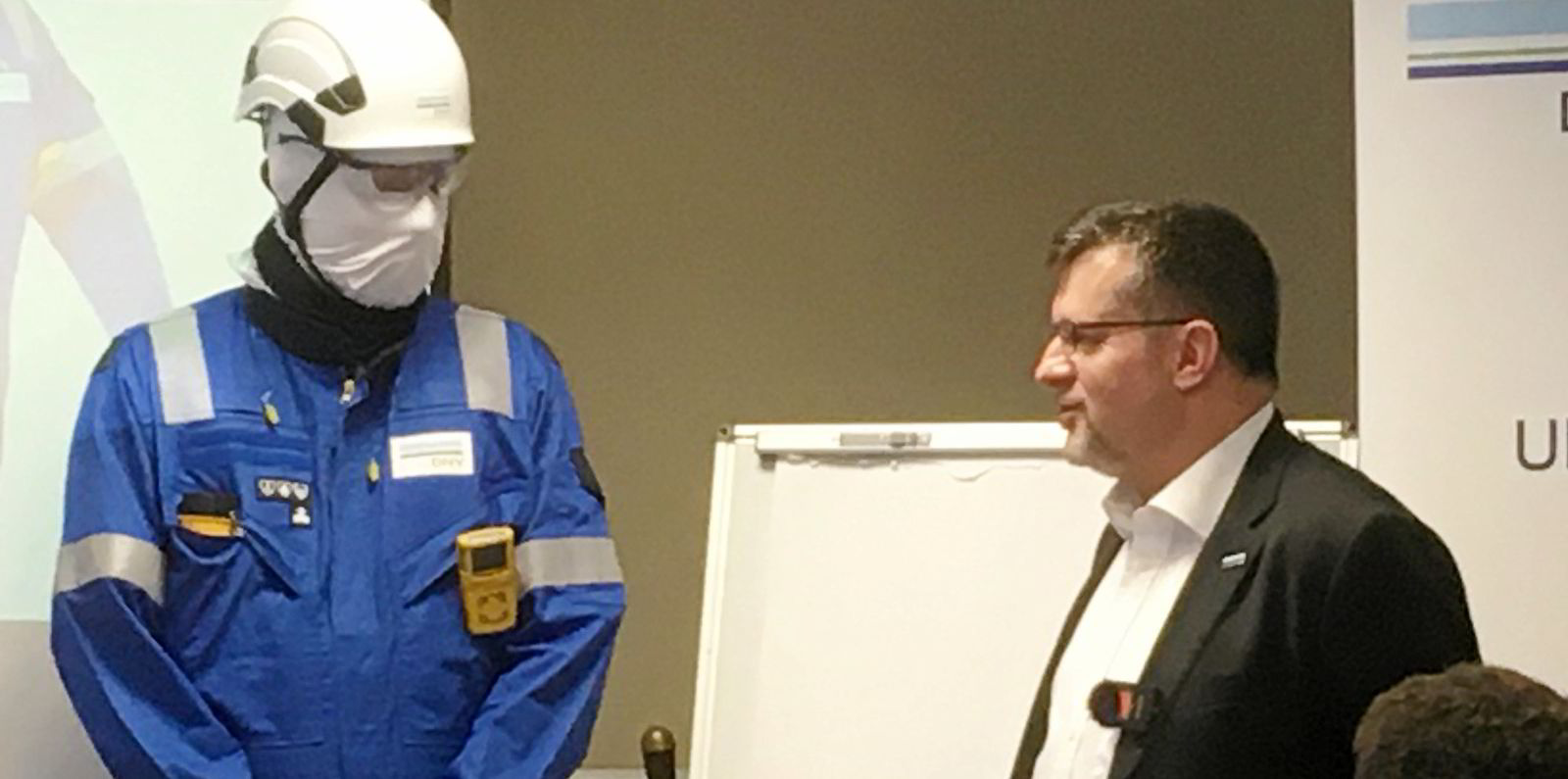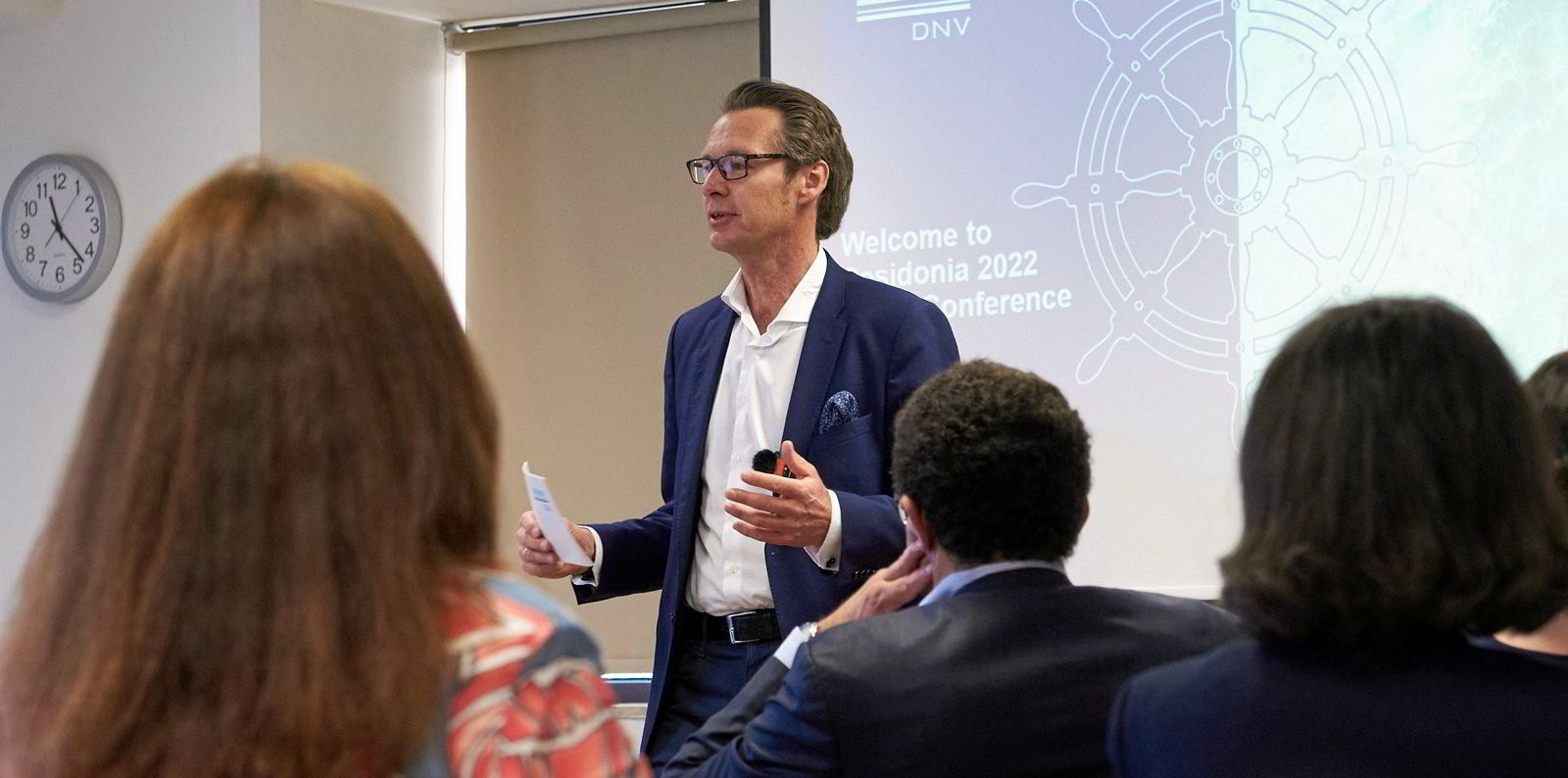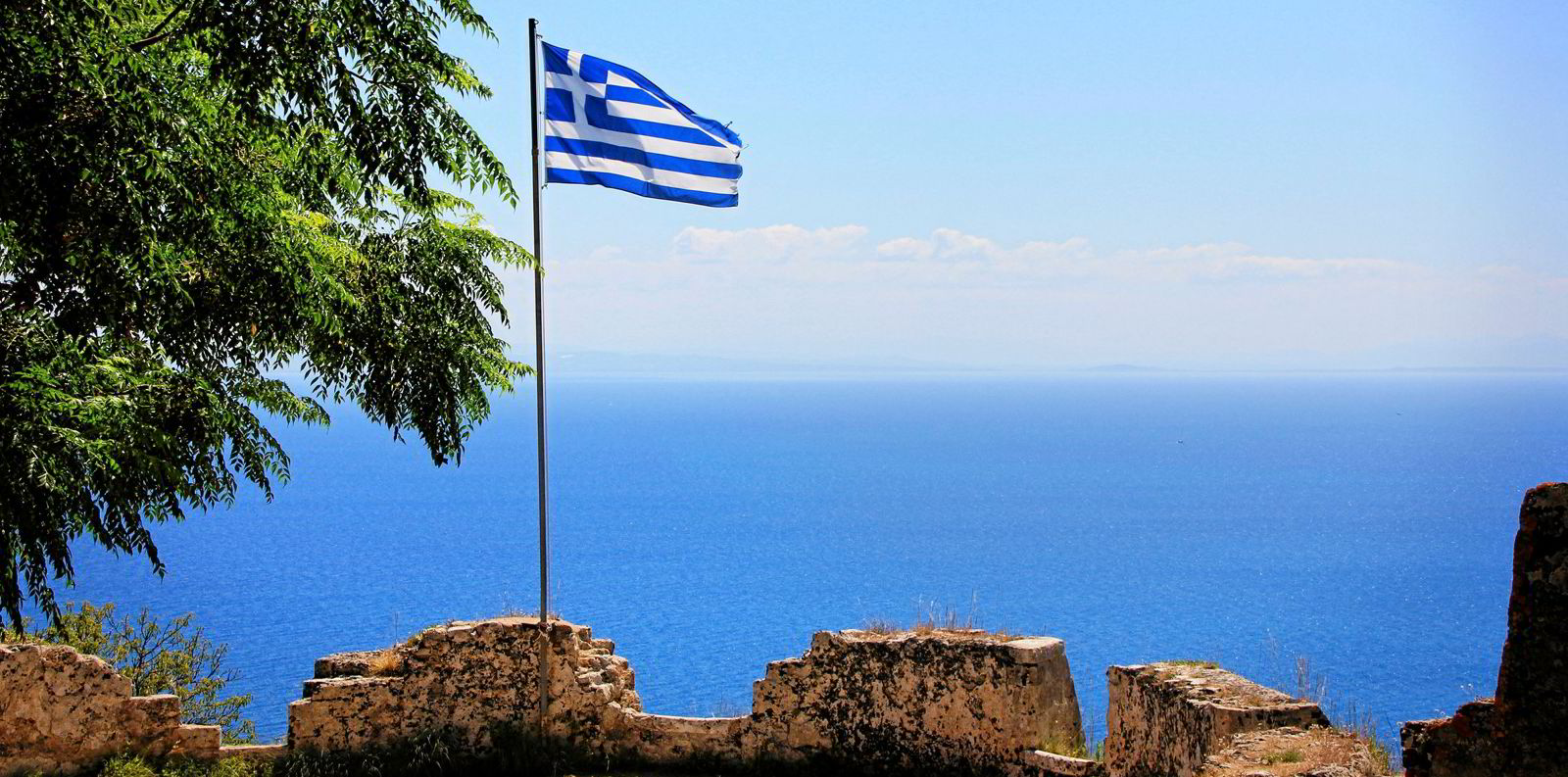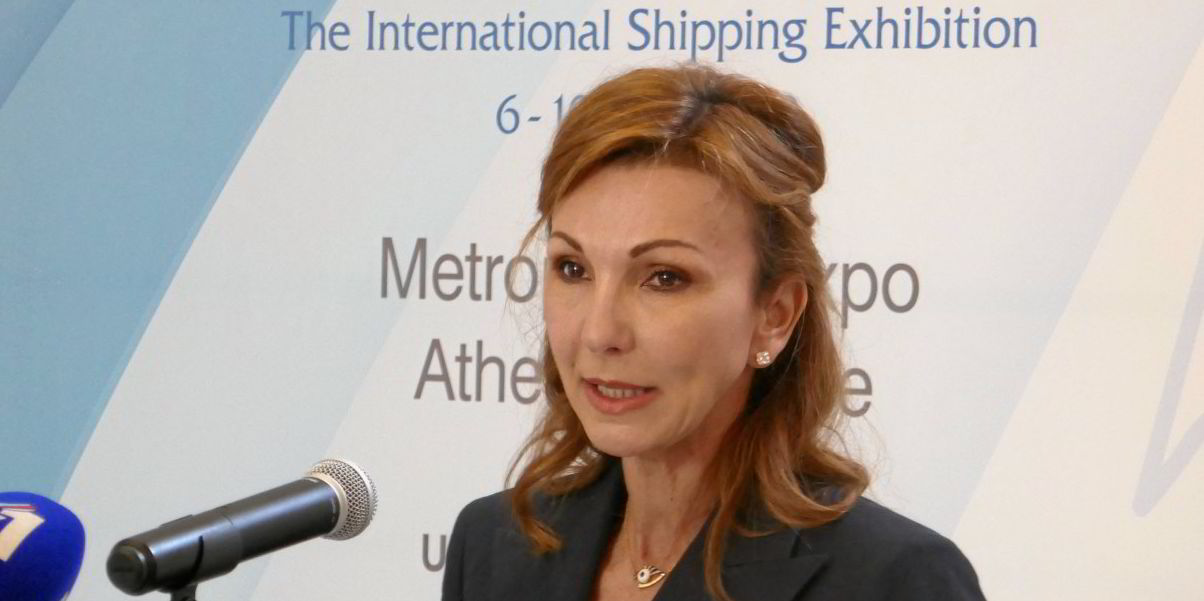DNV wants to draw on its Nordic experience with electric-powered ships to help modernise Greece’s ageing ferry fleet.
About a third of the 240 ferries plying Norwegian waters currently operate on batteries and the target is to fully electrify the fleet by 2026.
There’s no reason why Greece, one of the world’s biggest passenger shipping markets, should not start moving in that direction, senior DNV executives said in a news conference on Friday as the Norwegian classification society celebrated entering its second century of doing business in Greece.
“We have a similar geography and similar needs [as Norway]… there’s a window opportunity here in Greece,” said Ioannis Chiotopoulos, DNV’s senior vice president and regional manager for south-east Europe, the Middle East and Africa.
The idea is to promote battery propulsion to short-haul routes along the Greek shore or to islands rather than on longer distances — such as between Piraeus, the Cyclades and Crete, where conventional vessels will continue to do the heavy lifting.
Greek ferry owners were investing in new ships at the beginning of the century but their country’s debt crisis and the coronavirus pandemic put paid to efforts to renew the fleet.
For fear of upsetting islanders used to decades of cheap commutes to the mainland, governments carved out exemptions from environmental rules that allow older, polluting vessels to operate on heavily subsidised routes.
On 3 June, just a few hours after DNV's press conference, Greek shipping minister Yiannis Plakiotakis publicly rejoiced about his country having just obtained another such exemption for its ferry sector — from the European Union's “FuelEU Maritime” environmental rules until the end of 2029.
Politicians and shipowners have nevertheless shown interest recently in DNV’s ideas to introduce battery-powered ships in Greece and maybe even try to build them in the country.
“The buzz is heard. There is interest. There are designs,” Chiotopoulos said. “But finance is lacking.”
How to get it done
The best vehicle to promote the idea would be through public-private partnerships. The Greek government, however, would also have to change outdated, fossil-fuel-era laws that effectively disallow battery-powered ships from operating in the country.
“To give you just one example, the law says that ships need to have three engineers on board — but you don’t need three engineers on an electric ferry because electric ferries don’t have engine rooms,” explained George Teriakidis, DNV’s area manager for the Eastern Mediterranean and the Black Sea.

Exploring new ideas such as battery propulsion is in line with DNV’s push into renewables and the energy transition.
Carrying out feasibility studies for offshore wind farms or floating solar panels has been a growing part of activity in DNV’s Greek office, which has grown steadily in recent years to more than 100 employees.
This is a separate business from its maritime activities, but with Greek shipowners like Evangelos Marinakis or Dimitris Bakos increasingly investing in renewables, there is some considerable cross-industry potential for DNV.
“The best [ship] fuel for the future is cooperation,” said Knut Orbeck-Nilssen, chief executive officer of DNV Maritime.
The classification giant has 100 years of cooperation with Greek shipowners under its belt.
Starting out as Norske Veritas in 1921, DNV classed its first Greek ship, a tanker, seven years later and its first Greek newbuilding in 1968.
Today DNV has about 850 Greek-owned vessels under classification, representing nearly a fifth of the country’s entire fleet in terms of tonnage.





